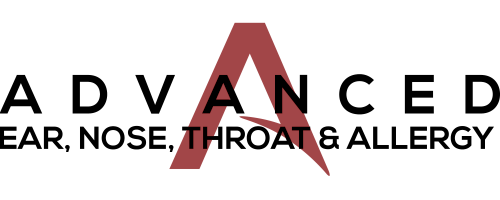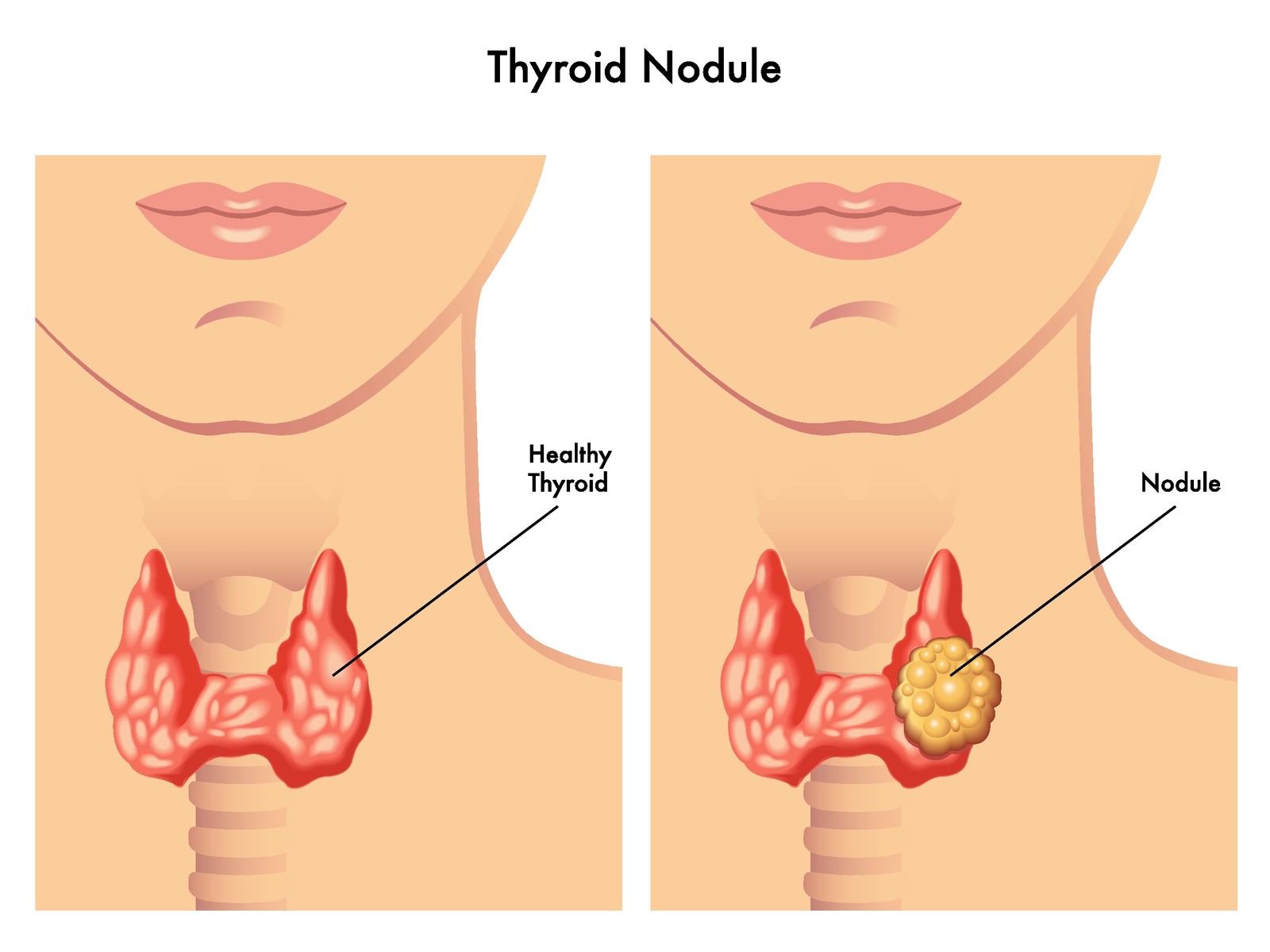Thyroid nodule workup, biopsy and treatment with minimally invasive thyroidectomy
The thyroid is one of the vital glands in the body. When there are issues with it, there can be major health problems with other organs and systems. A few functions of a normal thyroid include:
- Produces thyroid hormones – T3 and T4. These are needed in the regulation of the broad metabolism that goes on in every body cell.
- Produces calcitonin. This hormone helps in the metabolism and regulation of calcium in the body.
It regulates metabolism in the body so that energy production is commensurate with the amount that the body needs. - For example, falling temperature, pregnancy, illness, and other good or bad life stresses lead to the release of more thyroid hormones for more energy production.
When the thyroid has a problem
When this gland has a problem, health issues can arise in the heart, the bones, the brain, and many other parts of the body. It is for this reason that any swelling (nodule) noted on the thyroid should be treated as potentially serious until proved otherwise. Usually, a thyroid nodule doesn’t present with any other problem apart from the physical appearance that may be disturbing to the patient. But even then, it is important to rule out possible problems that may include cancer.
Imaging and laboratory investigations for thyroid nodule
Following a detailed history about the thyroid swelling, an experienced thyroid specialist will carry out a thorough clinical examination of the nodule and other body systems. This is usually followed by a non-invasive imaging investigation.
Ultrasound imaging
This is a safe imaging technology that doesn’t use any radiation. It can be done on all types of patients including small children. The result of this test helps to determine the next line of action
Thyroid nodule biopsy
The initially preferred technique for removing a small tissue of the nodule is a minimally-invasive procedure called fine needle aspiration (FNA). Ultra-sound technology is used so that the inserted needle gets tissue from the right place. Only a local anesthetic is infiltrated to take care of any pain. The aspirated cells are taken for examination and reporting by a pathologist. Depending on the results, the thyroid specialist may request for further investigations.
Molecular markers
An FNA biopsy may yield results that are indeterminate. In this state of uncertainty, molecular markers help to rule out or confirm the 15% cancer risk that is usually present with such results. The test involves processing cells from the thyroid nodule and testing them for any gene mutations that occurs in cancerous nodules. The two commonly used molecular markers are
- Thyroseq v.2 and
- Afirma
The two tests use the same principles in the search for any gene changes in the node’s cells.
When thyroid surgery is necessary
After a definitive diagnosis has been made, a thyroid nodule may be left-alone or may be removed surgically. Unlike in the old days (or as it still happens in some centers) thyroid surgery in the hands of an experienced surgeon can be performed as a minimally invasive procedure. The incision can be less than 2cm depending on the size of the nodule.
With this approach, the risk of damaging the surrounding tissues and nerves is reduced and the hospital stay after the surgery is greatly shortened. Minimally invasive thyroidectomy enables you to go back to your occupation faster.
How we can help you
At our Advanced Thyroid and Parathyroid Center you are under the care of experienced thyroid surgeons who keep up-to date with the latest technology available in that field. The ultrasound and fine needle aspiration (FNA) are procedures routinely done in our office.
If indicated, we will also do molecular markers of FNA results so that if any surgery is done, it is only done on deserving patients. We therefore do not unnecessarily expose you to anesthesia and surgery related risks.
For more information or to make an appointment, contact us at 404-943-0900. Our surgeons have helped hundreds of patients every year and they will be happy to assist you.

